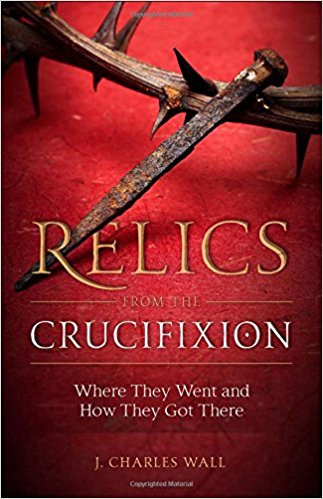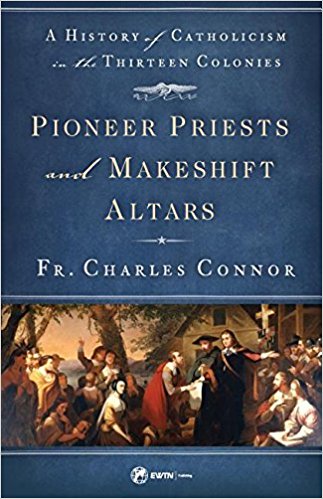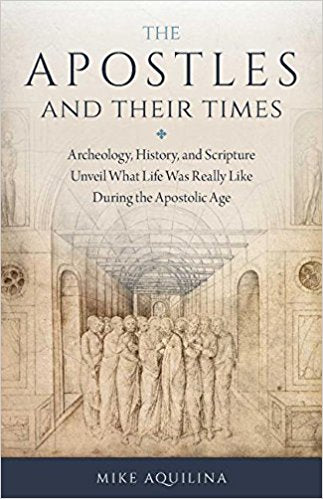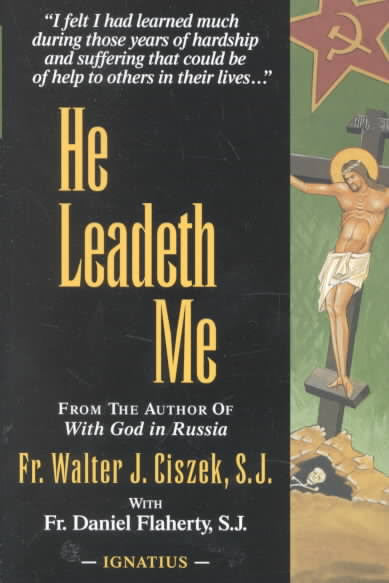
The Jews usually burned the crosses used by the Romans after executions but following Jesus' crucifixion they quickly threw the Cross in a ditch to get it out of sight before the feast of Passover.
The miracle that revealed to St. Helena which of the three discovered crosses was that of Jesus
The horse's bit made from a nail of the True Cross, and the successes it brought the horse's rider
The nails and why there are so many in existence today
A history of the fortunes the Crown of Thorns gave to those who held them, and a list of towns where thorns are found
Where, in 1492, workman accidentally discovered again the actual board on which King of the Jews was written
The modest Frenchman who saved a holy nail from profanation during the French Revolution
Drawings of the spear of Longinus, and reports of its later use in battles
Relics of Jesus's actual blood from the Crucifixion: and why it makes sense that some still exists
The veil of Veronica, Christ's seamless robe, and much more!
That preserved the True Cross, and memory of the events preserved its location.
Disgusted with continued Christian veneration of the spot, pagan Roman Emperor Hadrian erected on the Cross's burial site a statue to Venus, hoping thereby to obliterate their memory.
It didn't work.
Indeed, because of the statue, when the Empire became Christian, St. Helena knew the exact spot where she would find the very Cross on which Christ died.
All relics from Christ's crucifixion have a similarly fascinating story, all of which are told here in this 1910 work by the enterprising Catholic investigator Charles Wall.
Among the things you'll discover in these pages:


